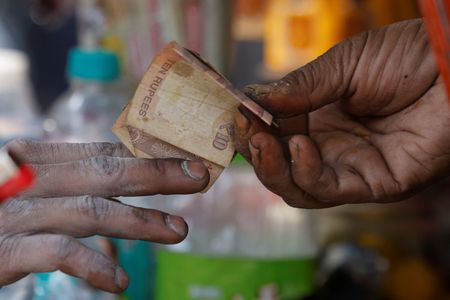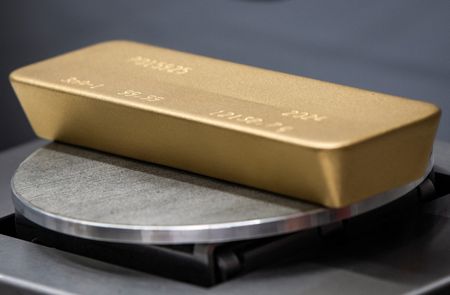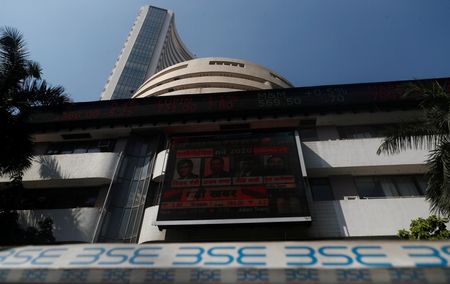By Rae Wee
SINGAPORE (Reuters) -The dollar firmed on Tuesday after U.S. President Donald Trump moved to substantially raise tariffs on steel and aluminium imports and said he would announce plans to impose reciprocal tariffs on other countries over the coming days.
Currencies held in tight ranges in Asian trade in moves that were more modest than those on Monday, as Trump formalised what he had pledged over the weekend. Trading was thin due to a holiday in Japan.
A White House official confirmed the 25% tariffs on steel and aluminium imports will take effect on March 4.
The U.S. dollar rose 0.13% against the Canadian dollar to C$1.4333, extending gains made from the previous session, though the loonie was still some distance away from a 22-year low hit earlier this month.
Canada, Brazil, Mexico, South Korea and Vietnam are the biggest sellers of steel into the U.S., according to American Iron and Steel Institute data, while Canada is the dominant supplier of imported aluminium.
The euro was down 0.02% at $1.0305, while sterling dipped 0.01% to $1.2363.
Bank of England policymaker Catherine Mann said companies will struggle to raise prices this year as consumers are hit by job losses and spending softens, the Financial Times reported on Tuesday.
The yen was up 0.03% at 151.94 per dollar.
Traders were also awaiting testimony from Federal Reserve Chair Jerome Powell later in the day and a reading on U.S. inflation due on Wednesday for clues on the rate outlook in the world’s largest economy.
“I think the dollar’s rally has entered pause mode, and is now susceptible to more of the choppy, sideways trade we have seen the past couple of weeks,” said Matt Simpson, senior market analyst at City Index.
“(Traders) seem to be holding out for Jerome Powell’s testimony and CPI report, which if anything likely backs a stronger U.S. dollar by the week’s close.
Recent comments from Fed officials have underscored their no rush approach to further rate cuts, particularly as they wait for further clarity over how Trump’s policies will affect economic growth and inflation.
Futures point to less than 40 basis points worth of rate cuts priced in by the year-end.
“There is a consensus among Fed members that the central bank can be patient when it comes to easing further in an environment in which growth is resilient, inflation is above target, the policy rate is close to neutral and there is elevated policy uncertainty,” said analysts at ANZ.
Against a basket of currencies, the greenback was little changed at 108.35, holding to its slight gain from the previous session.
The Australian dollar fell 0.02% to $0.6276.
Australian Prime Minister Anthony Albanese said on Tuesday Trump has agreed to consider exempting Australia from his steel and aluminium tariffs, in what Albanese called a constructive phone call with the U.S. President.
The New Zealand dollar reversed early losses to last trade 0.06% higher at $0.5646.
(Reporting by Rae Wee; Editing by Muralikumar Anantharaman and Kim Coghill)










